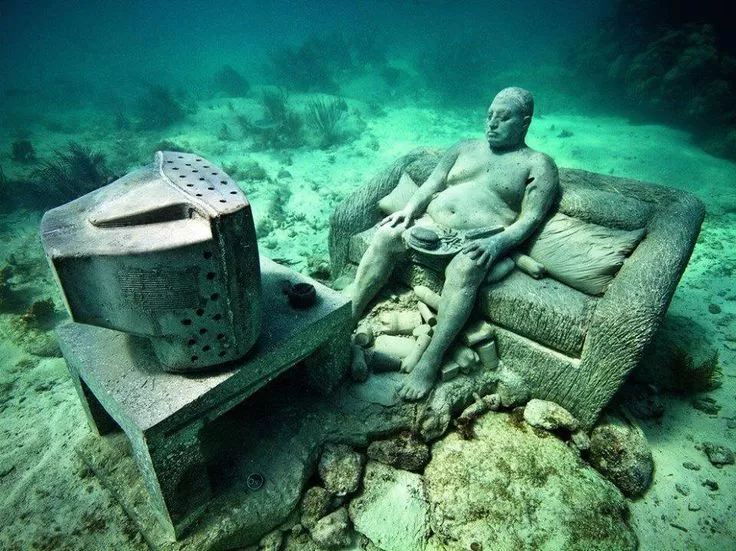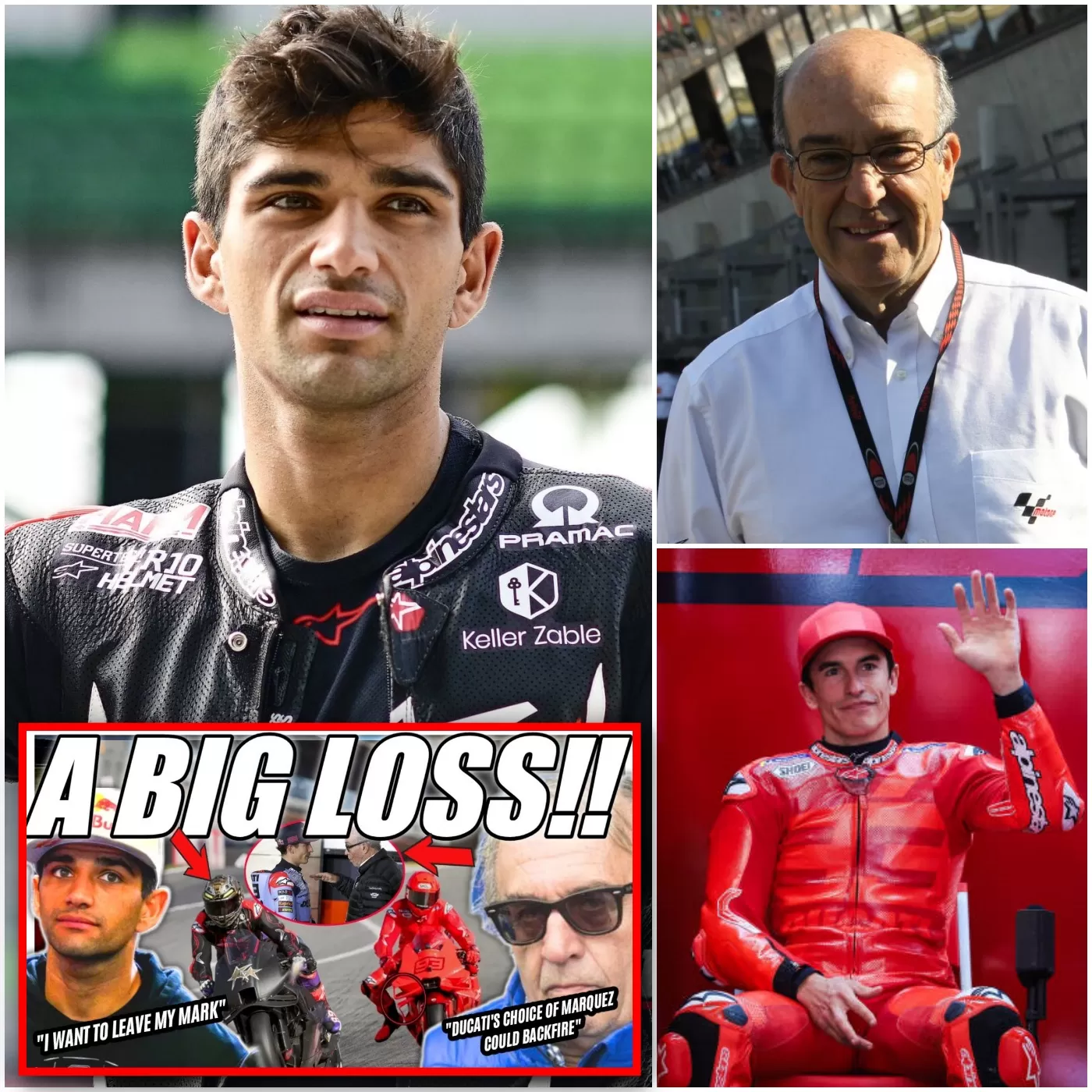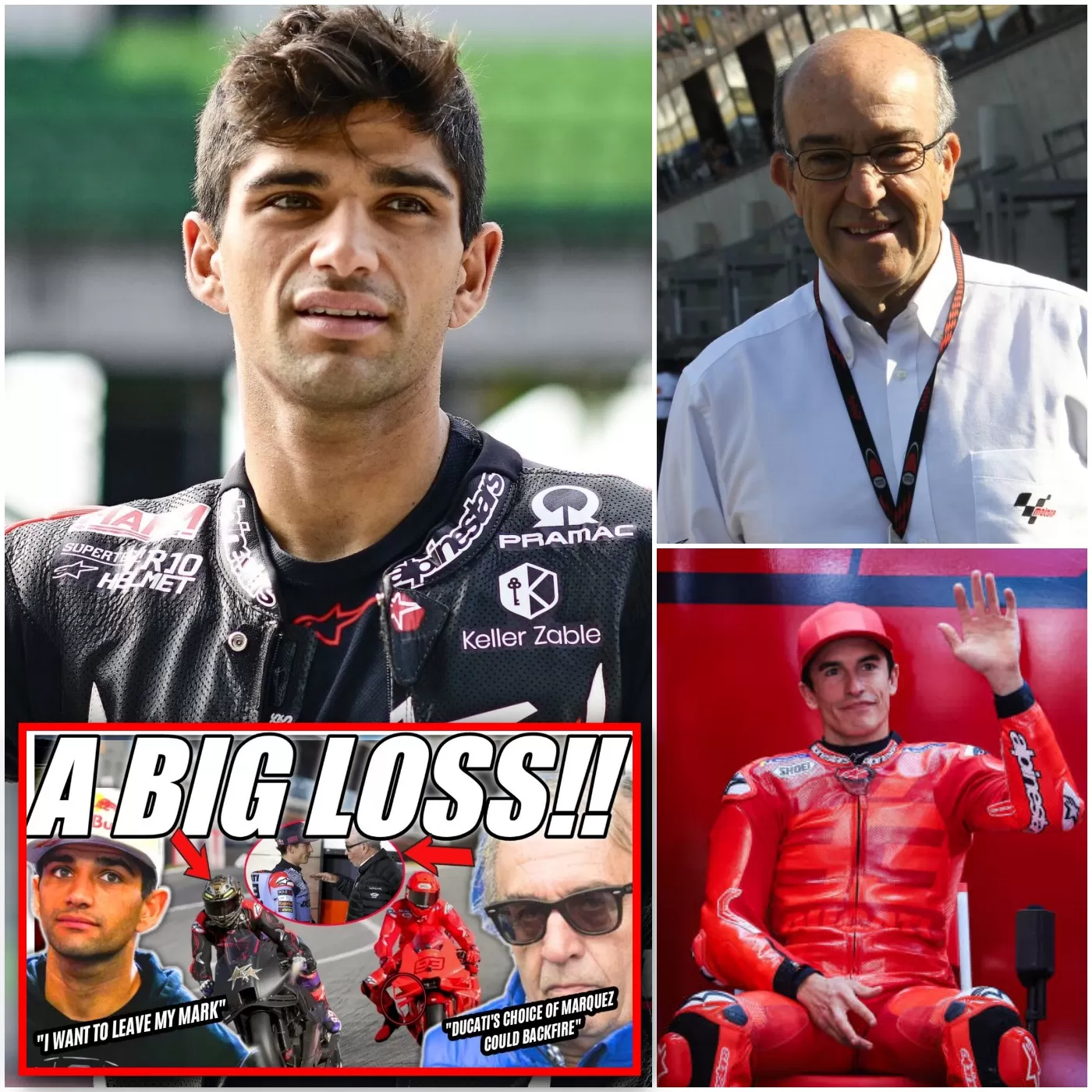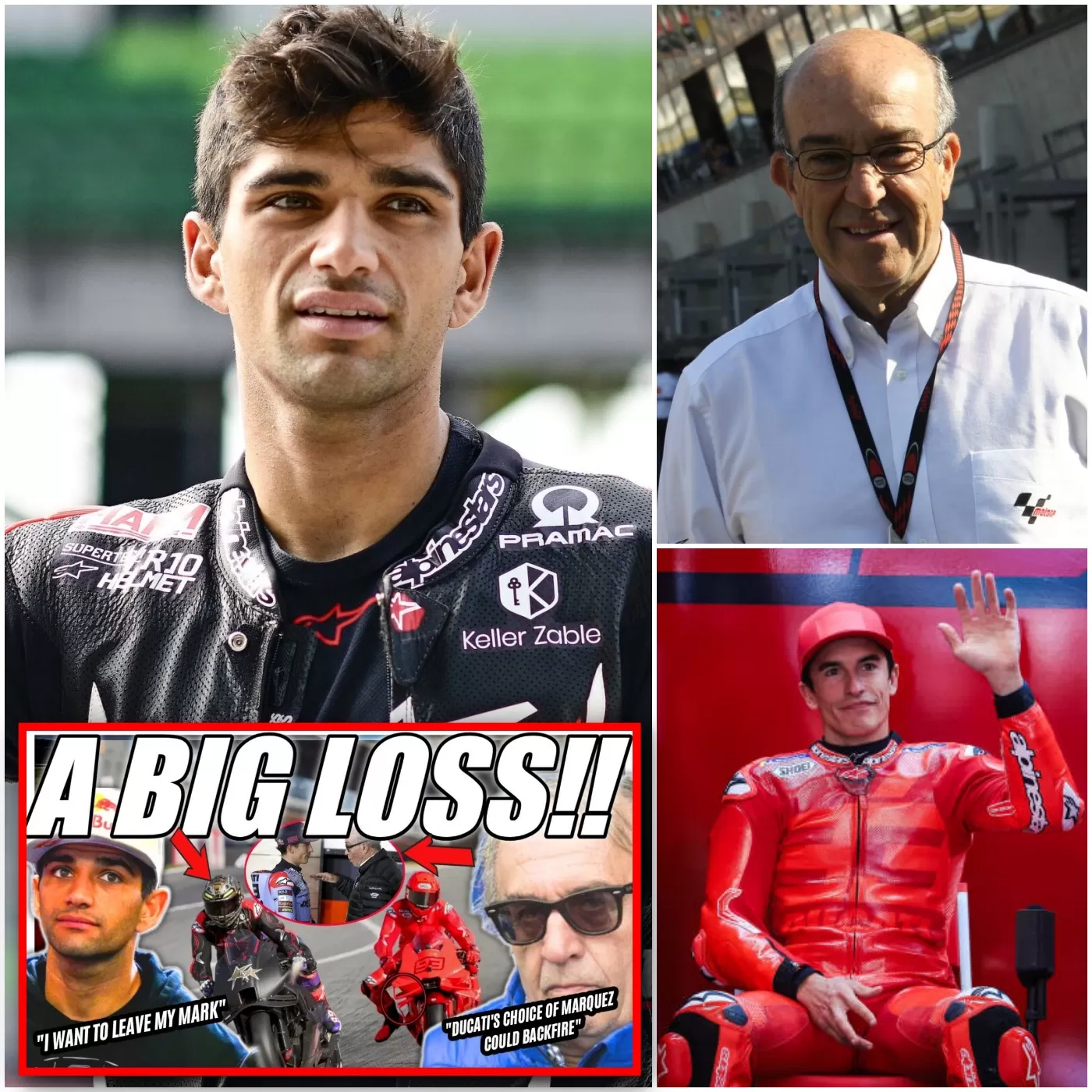Red Bull Faces Uncertainty Ahead of 2025: Verstappen’s Future and Team Dynamics in Question
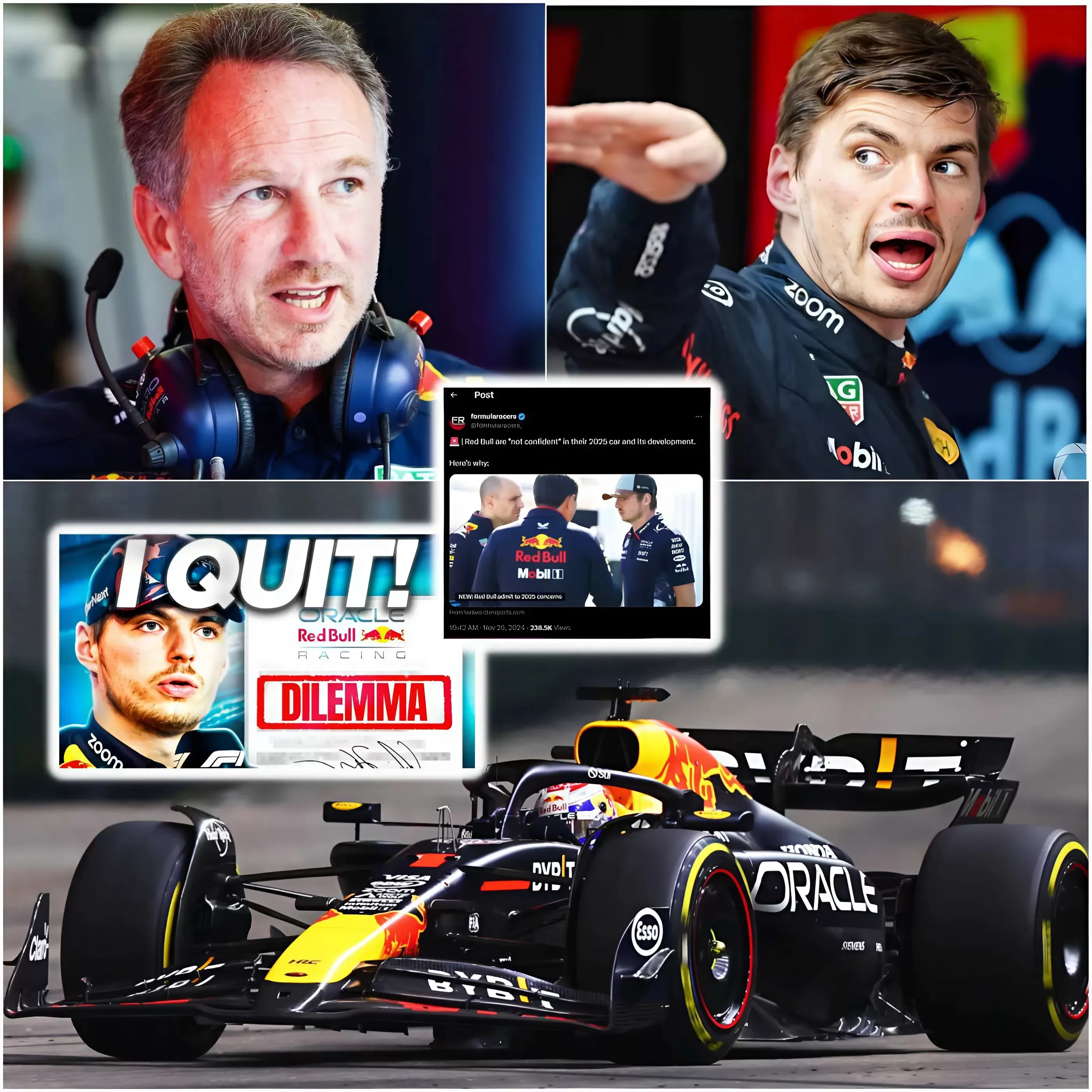
As the 2024 Formula 1 season nears its conclusion, Red Bull Racing finds itself at a pivotal crossroads, grappling with performance challenges, driver dynamics, and looming uncertainties about the future. The once-dominant team is no longer the unassailable force it was at the start of the current regulations era, raising concerns about its ability to maintain competitiveness in 2025.
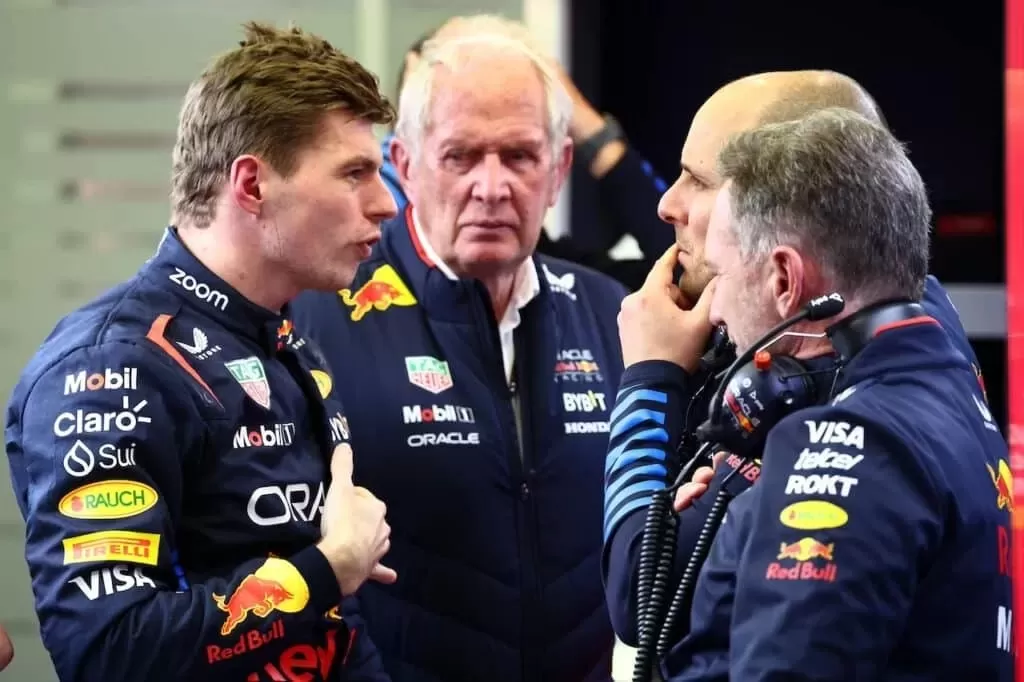
Red Bull’s struggles in 2024 have been multifaceted. Despite Max Verstappen clinching the Drivers’ Championship, the RB20 has not demonstrated the supremacy expected of a championship-winning car. Technical Director Pierre Waché has openly expressed his lack of confidence in the team’s trajectory for 2025, emphasizing the importance of relentless effort and cautioning against complacency. Waché’s remarks reflect the mounting pressure within the team, which now faces fierce competition from rivals like Mercedes, Ferrari, and McLaren.
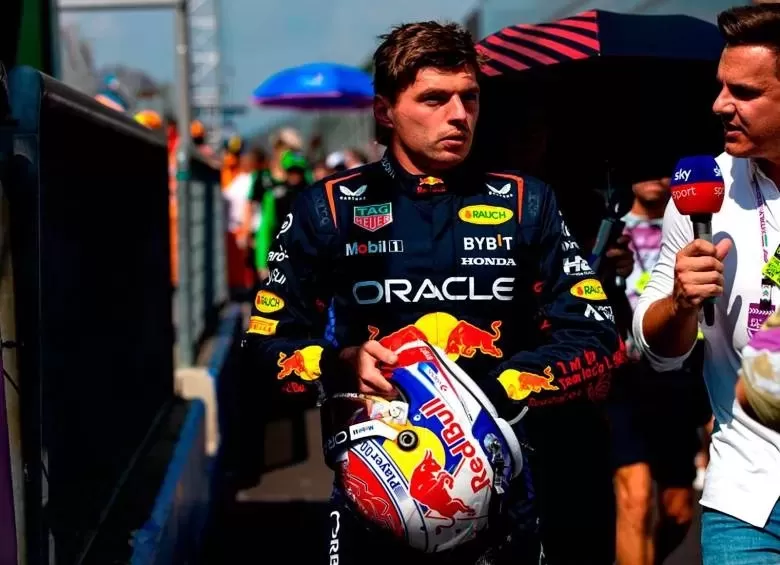
Compounding these technical challenges are critical personnel changes. The departures of key figures such as Adrian Newey, Rob Marshall, and others have left significant voids in Red Bull’s engineering and strategic framework. While the team downplays the impact of these exits, the long-term effects on car development and innovation remain uncertain. With rivals leveraging advanced wind tunnel and CFD facilities, Red Bull must adapt swiftly to avoid falling further behind.
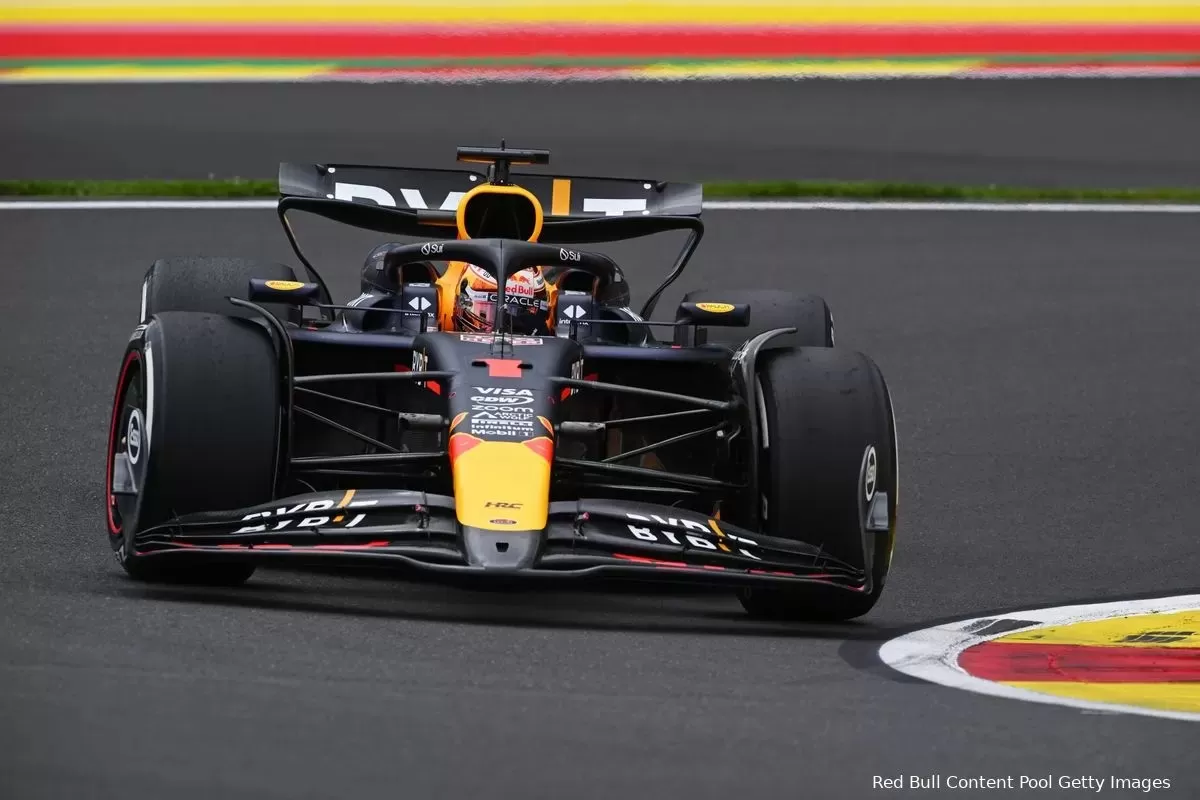
Driver dynamics add another layer of complexity. Sergio Pérez’s underwhelming performance has not only hindered Red Bull’s Constructor’s Championship campaign but also fueled speculation about his future with the team. Pérez trails Verstappen by over 200 points, leaving Red Bull vulnerable in their battle for second or even third place in the standings. Team advisor Helmut Marko has confirmed that discussions about Pérez’s future will take place post-Abu Dhabi, with the outcome set to influence Red Bull’s strategy for the coming years.
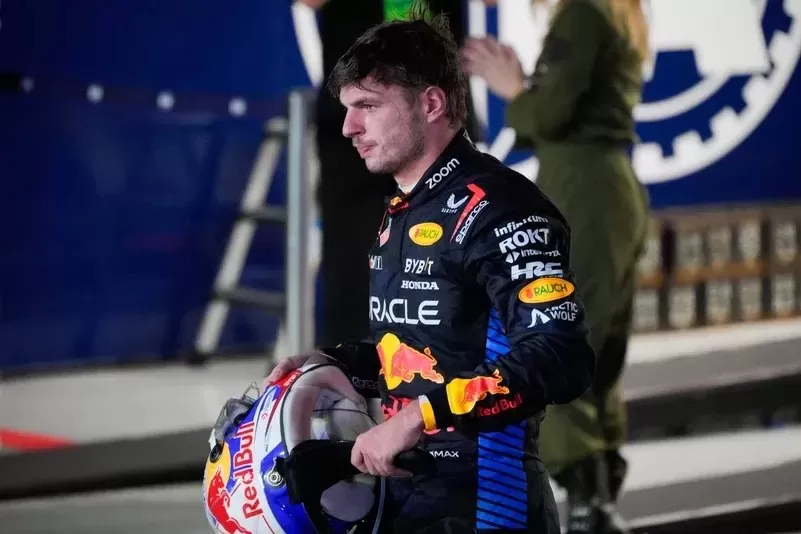
While Verstappen has repeatedly affirmed his loyalty to Red Bull, the Dutchman’s patience may not be infinite. His manager has made it clear that Verstappen’s priority is to remain competitive, and if Red Bull fails to deliver a car capable of winning races consistently, all options, including a departure, are on the table. The 2025 season, marking the final year of the current regulations, is critical for Red Bull to retain Verstappen’s services and sustain its reputation as a championship-caliber team.
Meanwhile, Red Bull’s junior drivers, such as Liam Lawson and Ayumu Iwasa, have showcased their potential, sparking debates about their readiness to step into a full-time seat. Daniel Ricciardo and Yuki Tsunoda are also in contention, creating a competitive environment within the Red Bull and AlphaTauri ecosystem. However, promoting from within may not be enough to offset the impact of Verstappen’s potential departure, should the team fail to meet his expectations.
The stakes are higher than ever as Red Bull prepares for 2025. The team faces the dual challenge of rebuilding its technical edge while navigating the delicate balance of retaining Verstappen and fostering new talent. With other teams gaining ground and Verstappen’s dominance no longer guaranteed, the path forward requires bold decisions, innovative solutions, and a renewed commitment to excellence.
For Red Bull, the coming months will determine whether they can reclaim their throne or face a seismic shift in the team’s identity and trajectory. The pressure is mounting, and all eyes are on the Austrian team as they strive to adapt to an increasingly competitive Formula 1 landscape.
